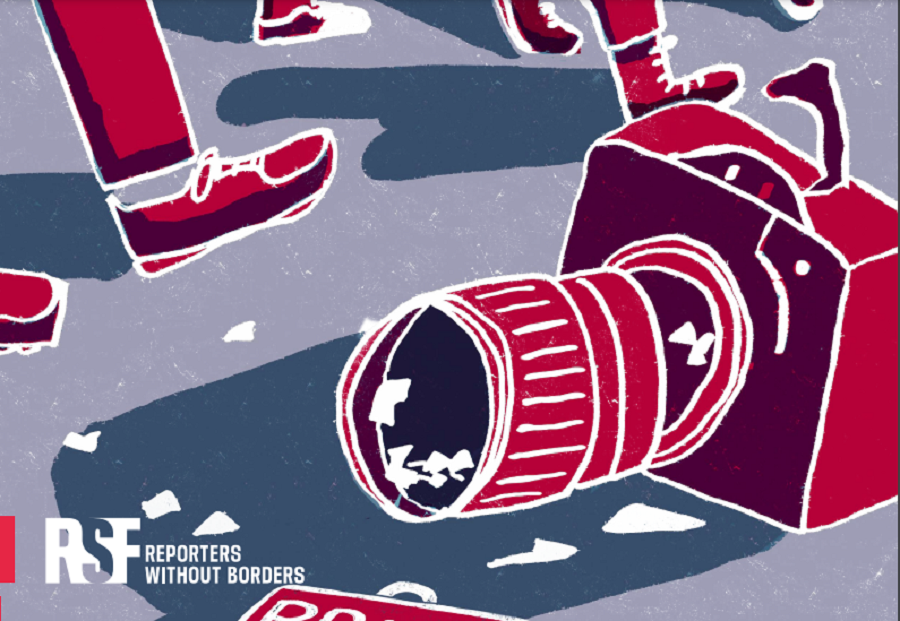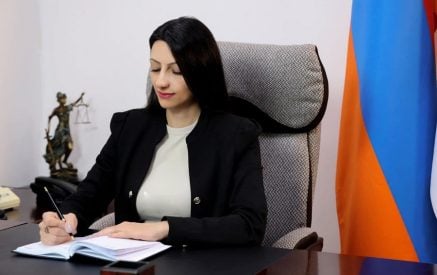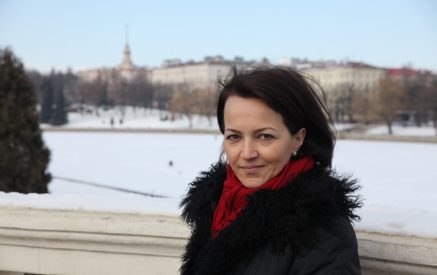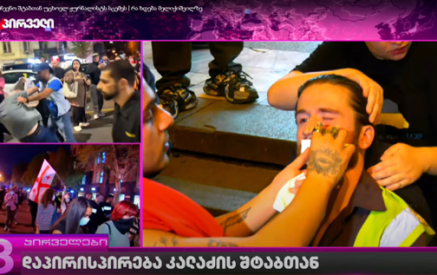The release of the 2024 annual report of ‘Reporters Without Borders’
Dying is not an acceptable risk of journalism. Of course, progress has been made in protecting journalists and training them to cover conflicts, and Reporters Without Borders’ (RSF’s) efforts sometimes bear fruit in mitigating the threats reporters face or
securing their release. Yet, once again, RSF’s round-up for the end of 2024 shows the heavy toll journalists pay with their lives, and acts as a round-up of the predators of press freedom — the repressive powers and armed groups who attack the people working every day to provide reliable information.
This fatalism cannot prevail, and passive tenses should not be used: journalists do not die, they are killed; they are not in prison, regimes lock them up; they do not disappear, they are kidnapped. These crimes violate international law and too often go unpunished.
Journalists are no longer collateral victims but targets, inconvenient witnesses, and even bargaining chips, pawns in a political game.
Read also
The number of journalists killed in conflict zones is at a five-year high. In Gaza, the scale of the tragedy is incomprehensible. Since October 2023, over 145 journalists have been killed, including at least 35 who were very likely targeted or killed while working.
Many of these reporters were clearly identifiable as journalists and protected by this status, yet they were shot or killed in Israeli strikes that blatantly disregarded international law. This was compounded by a deliberate media blackout and a block on foreign journalists entering the Strip.
In 2024, Gaza became the most dangerous region in the world for journalists, a place where journalism itself is threatened with extinction. A third of the journalists killed this year perished under the bombs of Israeli armed forces. Israel has, moreover, turned
into one of the world’s top five prisons for journalists.
Beyond Gaza, other conflicts escape our attention.
Sudan is now a death trap for journalists caught between military and paramilitary factions. Even outside war zones, journalism is not spared. Pakistan — where seven journalists were killed in 2024 — and Mexico — which counted five assassinations — rank among the three countries with the highest number of journalists killed in the past five years, relentlessly persecuted by gangs and armed factions. In Bangladesh, the
violent crackdown on protests claimed the lives of five journalists. Security forces deliberately targeted them in a systematic attempt to censor coverage of this historic uprising, which led to the overthrow of the government.
Three further journalists were killed in Myanmar, in a conflict largely ignored by the international media.
I didn’t know them, but they certainly remind me of the courageous reporters I met in October in Chiang-Mai, Thailand, for the launch of an RSF support programme
that closely supports these journalists who cannot be considered “in exile” as they regularly cross the border to get as close as possible to the front line to gather
images and stories.
Let us repeat: journalists don’t die — they’re killed.
We must hold all those responsible for these murders to account. Starting with the Israeli armed forces who, since 7 October 2023, stopped hiding behind hollow investigations and now disguise their targeting of journalists as part of a fight against terrorism — discrediting journalists in addition to physically eliminating them.
We need to get things moving, to remind ourselves as citizens that journalists are dying for us, to keep us informed. The inaction of public authorities is only made possible by the public’s persistent indifference.
So this is RSF’s commitment: we won’t give in to fatalism — things can be done differently. Protecting those who inform us means protecting the truth. We must continue to count, name, condemn, investigate, and ensure that justice is served.
I dedicate this report to the Ukrainian journalist Victoria Roshchyna, whose family learned that she died in captivity on 10 October. At the time of writing, they had still not received any further explanation from the Russian authorities on the circumstances of her detention and death, and have not been able to recover her body. Informing is not a crime, but killing someone to silence them is.
Thibaut Bruttin,
Director General, Reporters Without Borders (RSF)
2024 ROUND-UP: Journalists killed, detained, held hostage and missing























































